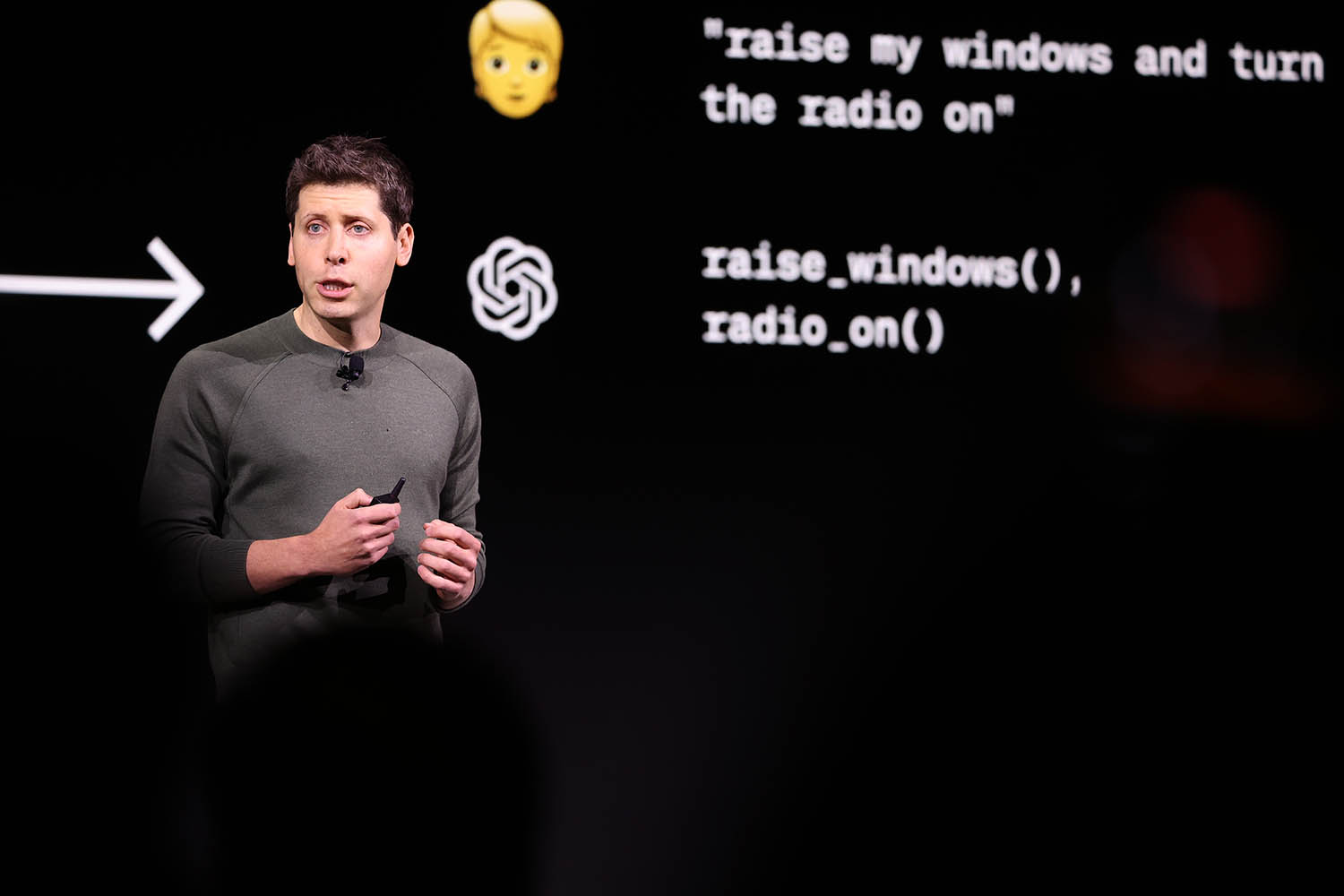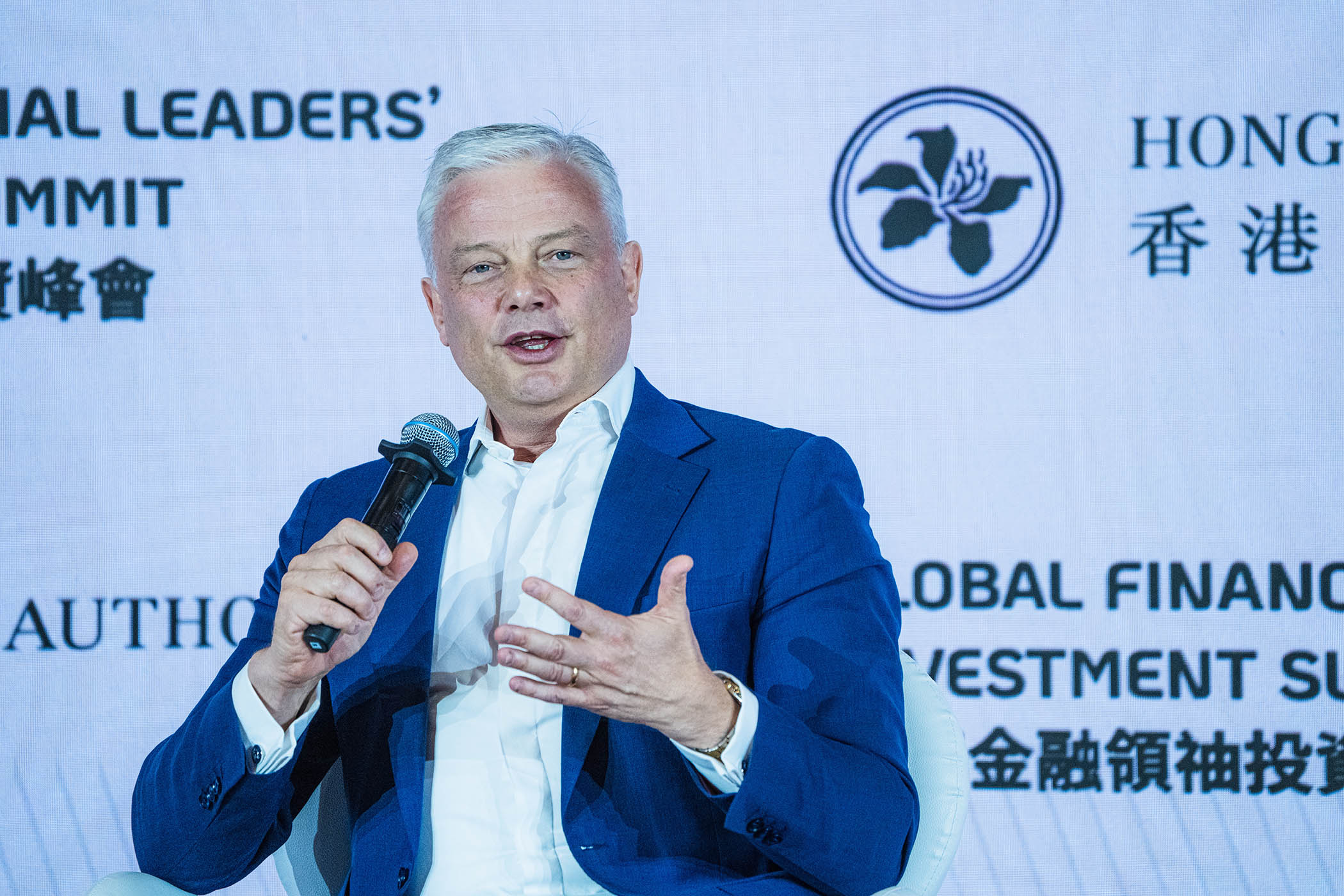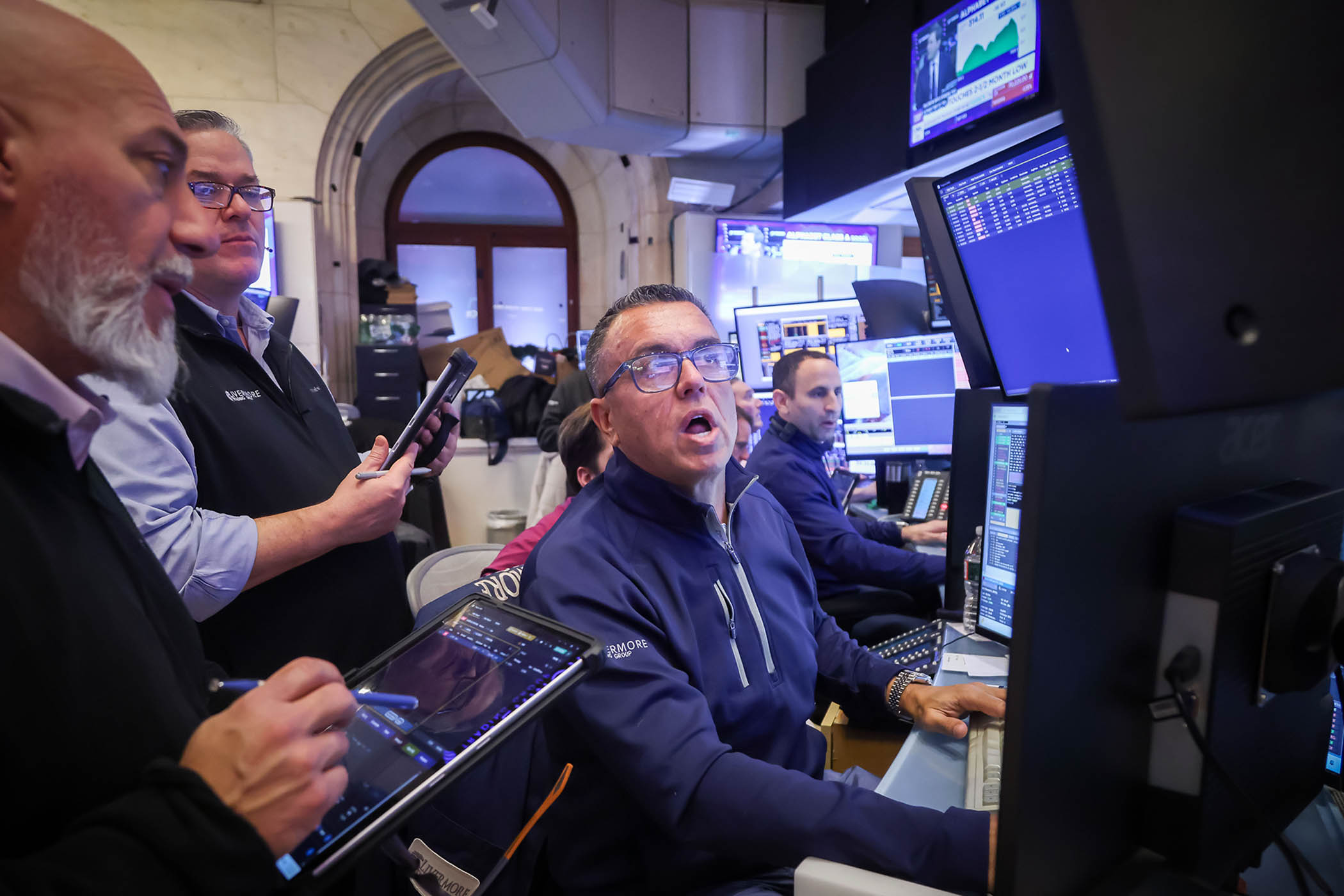The buzz this week around the launch of GPT-5, the new version of OpenAI’s ChatGPT chatbot, echoed past releases of new iPhone models and Windows software. Following in the carefully choreographed footsteps of Steve Jobs and Bill Gates, OpenAI boss Sam Altman described GPT-5 in bombastic terms: “a major upgrade”; “state of the art”; “a significant step on the path” to the holy grail of artificial general intelligence. And afterwards, everyone got to debate whether the reality matched the hype.
For Apple and Microsoft, generating so much excitement over a product upgrade reflected their dominant position in the market. Has ChatGPT already achieved a similar edge in commercialising AI?
Open AI’s rise is unprecedented in many ways, not least its speed: it is less than three years since what was then a non-profit largely unknown outside Silicon Valley released its first public version of ChatGPT. Now it boasts 700 million users, is on track for revenues of $12bn this year, and there is serious talk that an imminent sale of employee shares will value its now for-profit business at $500bn.
One leading venture capitalist, Keith Rabois of Khosla Ventures, this week told The Information that OpenAI is a “monopoly”. That is surely premature. While OpenAI has the backing of mighty Microsoft, there are other huge platforms with significant power, including Google, Facebook and Apple, all spending a fortune to try to beat it to market dominance.
While ChatGPT is easy enough to use, it still feels early stage as a product, far from what will be the standard user experience when the AI market ultimately matures.
For all the ChatGPT hype, there is still everything to play for.
Photograph by Jorge Castellanos
Newsletters
Choose the newsletters you want to receive
View more
For information about how The Observer protects your data, read our Privacy Policy



